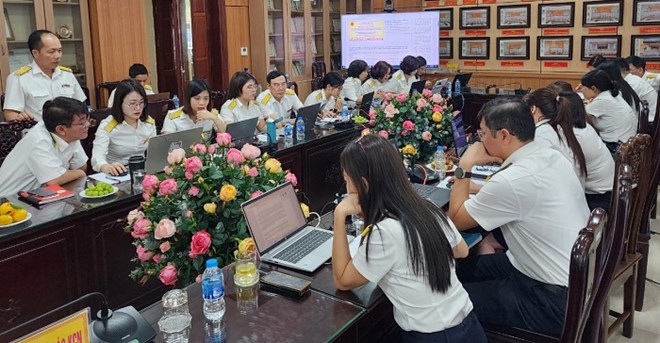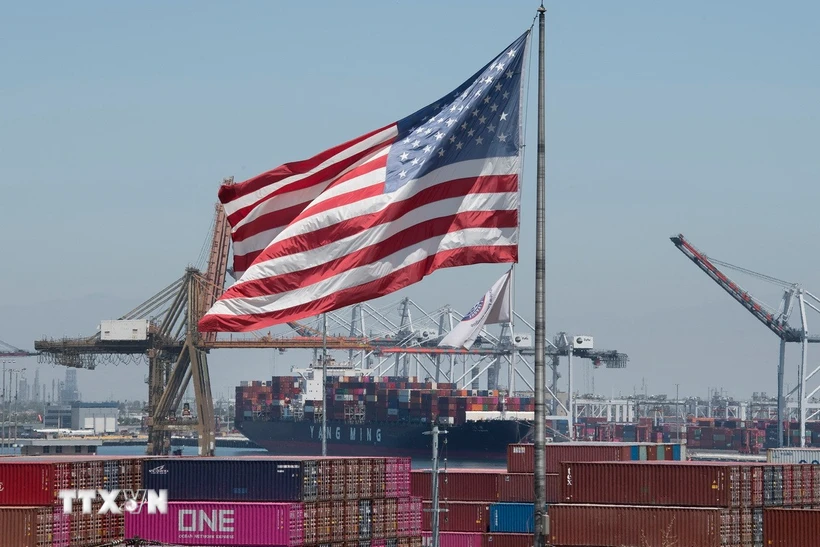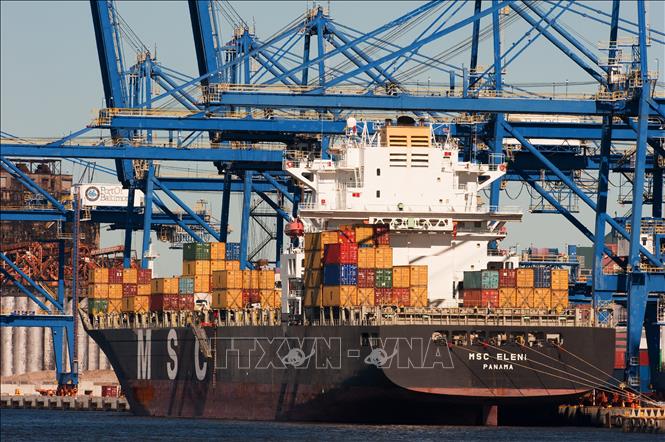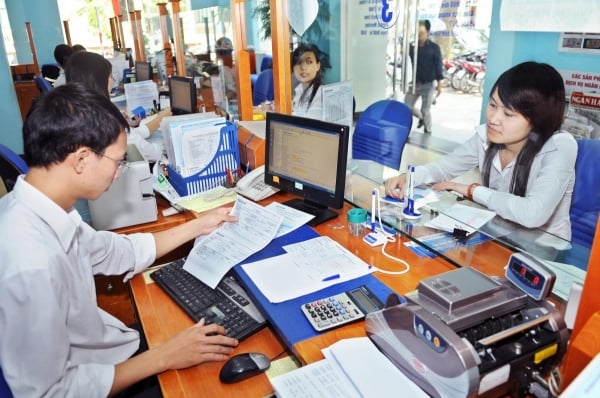
Recently, a business sent a question to the Bac Ninh Provincial Tax Department with the following content: “My company is a business operating in the field of construction and installation, specializing in the construction of State budget capital projects. According to the tax exemption and reduction regulations under Decree 44/ND-CP dated June 30, 2023, the value of construction and installation volume performed in the period from July 1, 2023 to December 31, 2023 must issue a VAT invoice of 8%.
When performing the construction contract with the investor, my side issues an invoice for the construction value with a VAT rate of 8%. In this volume, my side signed a contract with another unit to provide and install the aluminum and glass work volume (aluminum and glass frame doors). So I would like to ask when paying the volume to the aluminum and glass supply and installation unit, will that party issue a VAT invoice to my side of 8% or 10%?
Another taxpayer also sent a question to the Tax Department of Bac Ninh province asking: "We sell wet towels, is the value added tax rate 8% or 10%?"
With the above questions, the tax authority then had answers and instructions for taxpayers to base on current regulations and tax reduction policies issued by the Government, and compare with specific products and goods of the enterprise for implementation.
The above are just some specific cases showing that there are still difficulties in the actual implementation of the VAT reduction policy.
Recently, commenting on the reduction of value added tax in the first 6 months of 2024, after consulting a number of businesses and experts, VCCI commented that Vietnam's macroeconomic situation in 2023 will face many difficulties and challenges. The economic growth rate in 2023 is forecast to be only above 5%.
This difficult situation is expected to continue in the early stages of 2024 when the world economy has not yet recovered and the domestic economy still faces many problems. Therefore, easing fiscal policy, through continuing to reduce value-added tax at this time, is extremely necessary, contributing to supporting businesses to regain growth momentum and create jobs.
The VAT reduction measure has been implemented in 2022 and 2023 and has brought many positive impacts to businesses and the economy, especially helping to increase domestic consumption in the context of difficult export orders.
However, according to VCCI, businesses encounter many difficulties when applying this policy, mainly stemming from the classification of which goods are subject to 10% tax and which goods have their tax reduced to 8%.
Although the Government has issued Decree 15/2022/ND-CP and Decree 44/2023/ND-CP to guide implementation, in reality, the classification of goods and services into different tax rates is still confusing.
“Many businesses look up the Appendix of Decree 15 and 44 but do not dare to confirm whether their goods and services are subject to a tax rate of 10% or 8%. Many businesses ask the tax and customs authorities, but these authorities do not dare to confirm for businesses for fear of being wrong.
Many businesses have to hire additional accountants to adjust invoices and books to match the new tax rate. Some businesses have reported that they have negotiated and agreed with customers on quantity, quality, and price, but have not agreed on the tax rate of 8% or 10%, so they cannot sign the contract," said VCCI.
Based on the above reality, VCCI proposed that the drafting agency consider the option of reducing value added tax for all types of goods and services from 10% to 8%.
Source



![[Photo] Overcoming all difficulties, speeding up construction progress of Hoa Binh Hydropower Plant Expansion Project](https://vstatic.vietnam.vn/vietnam/resource/IMAGE/2025/4/12/bff04b551e98484c84d74c8faa3526e0)


![[Photo] Closing of the 11th Conference of the 13th Central Committee of the Communist Party of Vietnam](https://vstatic.vietnam.vn/vietnam/resource/IMAGE/2025/4/12/114b57fe6e9b4814a5ddfacf6dfe5b7f)

























































































Comment (0)